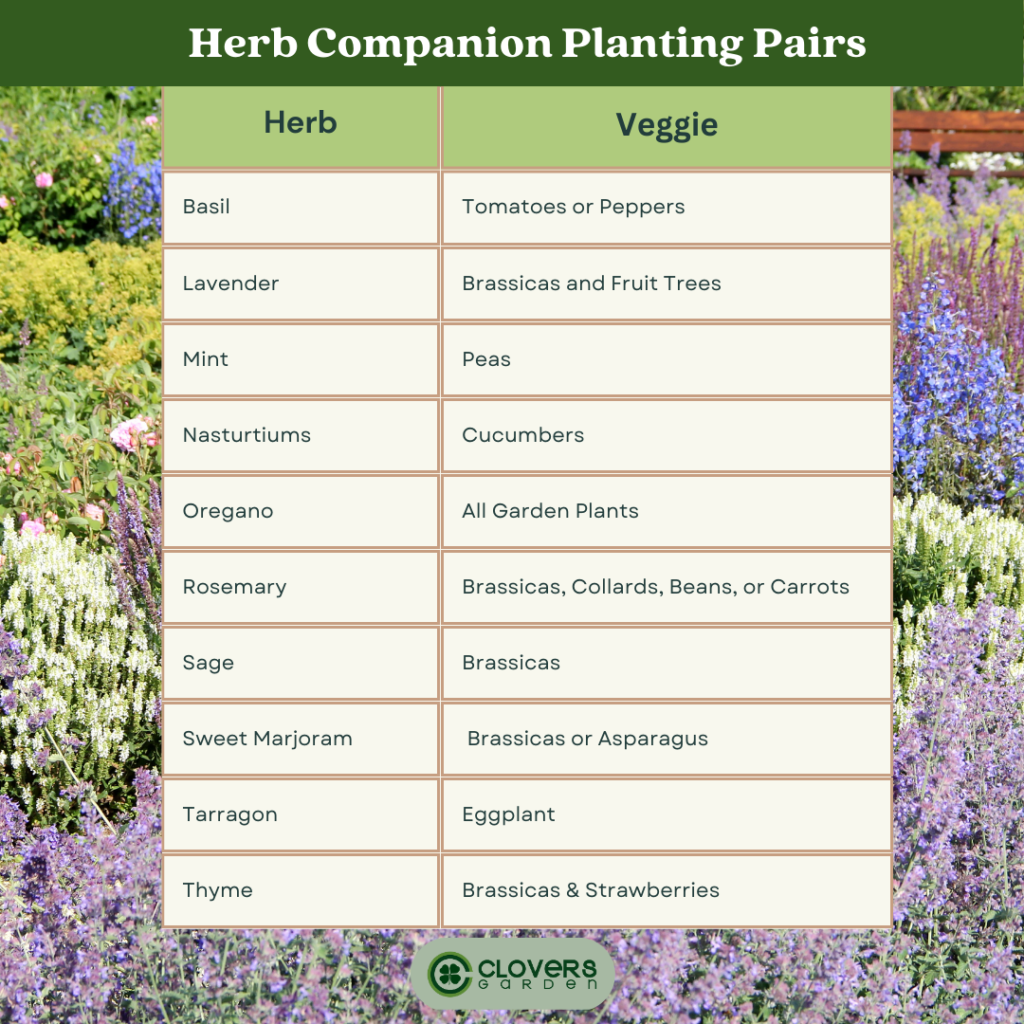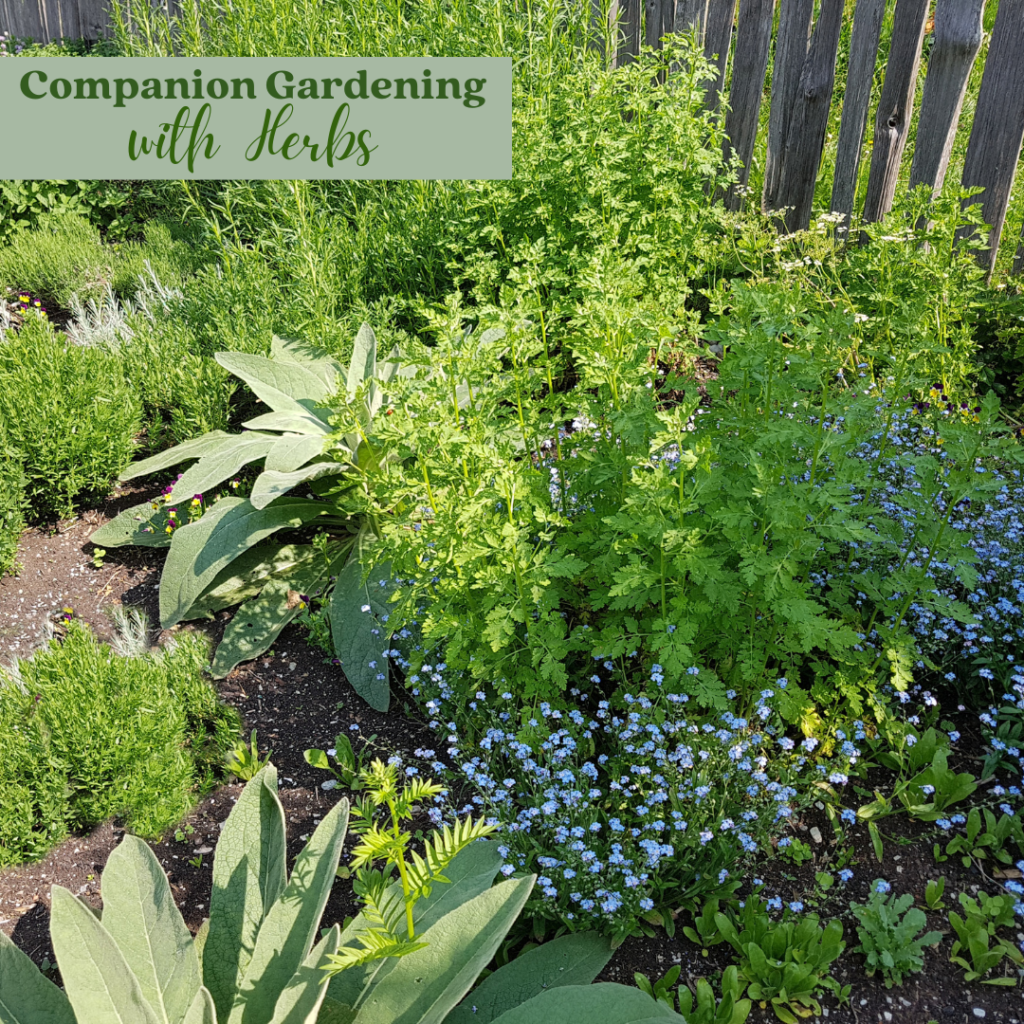
Companion planting is a great way to maximize garden space and promote natural, healthy growth of your vegetables. When planted strategically together, plants will protect each other from pests and insects; nurture the soils; enhance the flavor; and even provide a support structure and shelter from wind or sun.
Using herbs as your companion plants also brings the added bonuses of a ready supply of fresh herbs that also look beautiful in your garden. Many of these herbs on this list also attract pollinators which benefits every plant, tree, and bush growing in your yard. And some (basil, mint, thyme, and lavender) naturally repel mosquitoes! Table is included at the end of this blog post. (Brassicas include: Cabbage, Broccoli, Cauliflower, Kohlrabi, Brussels Sprouts.)
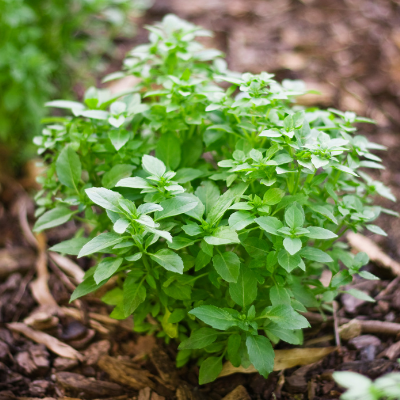
Basil + Tomatoes or Peppers: Basil repels repel whiteflies, mosquitoes, spider mites, and aphids and improve the flavor of the fruit. Avoid planting near chamomile or mint.
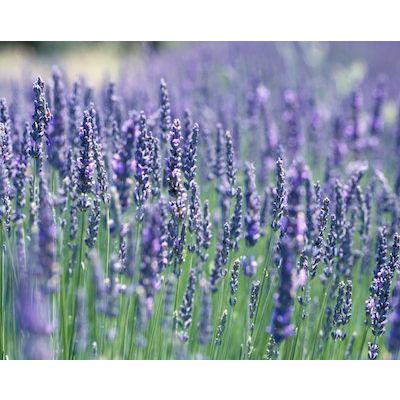
Lavender + Brassicas and Fruit Trees: Lavender will repel cabbage moths and codling moths that are drawn to apple trees.
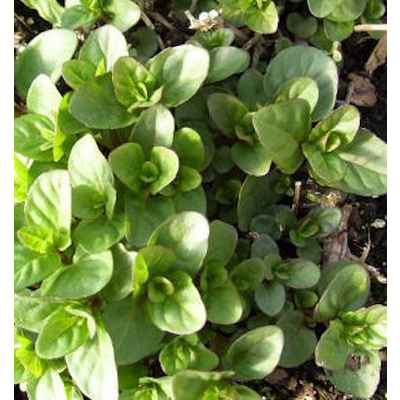
Mint + Peas: Deters white cabbage moths, aphids, and flea beetles. Do not plant near parsley and beware because Mint is a vigorous spreader.
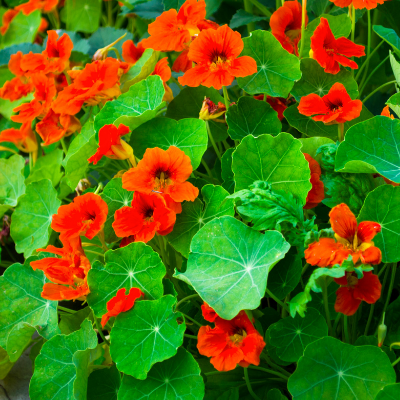
Nasturtiums + Cucumbers: Nasturtiums are edible and also attract aphids, cucumber beetles, and squash bugs.
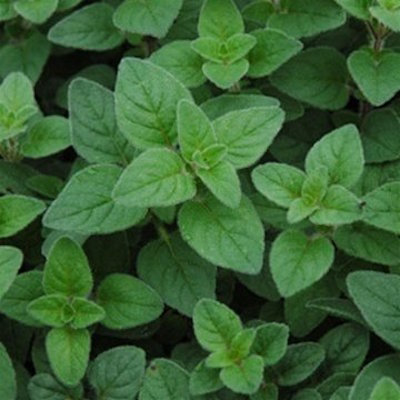
Oregano + Almost Anything: Oregano is a great garden buddy for most plants that are affected by insects like aphids.
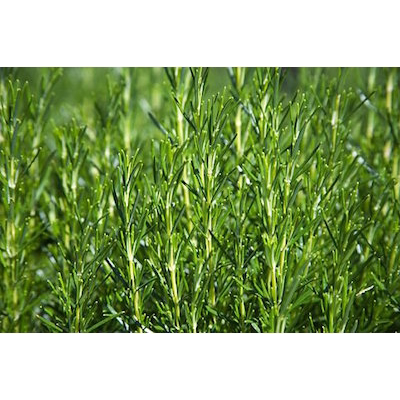
Rosemary + Brassicas, Collards, Beans, or Carrots: Repels mosquitoes, cabbage moths, Japanese beetles, and carrot flies.
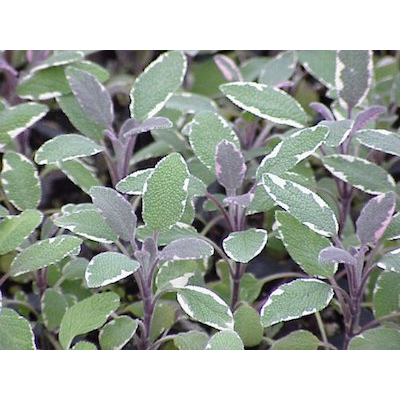
Sage + Brassicas: Sage repels cabbage moths, cabbage worms, and black flea beetles. Avoid planting with fennel or cucumbers.
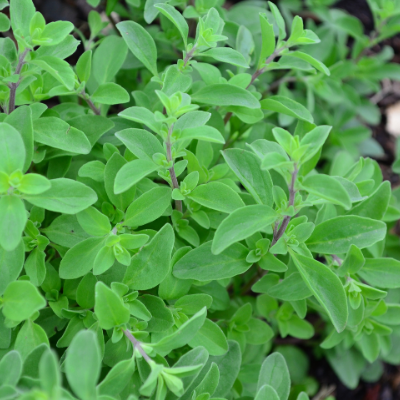
Sweet Marjoram + Brassicas or Asparagus: Marjoram is good at repelling cabbage moths and fit well between rows for good coverage.
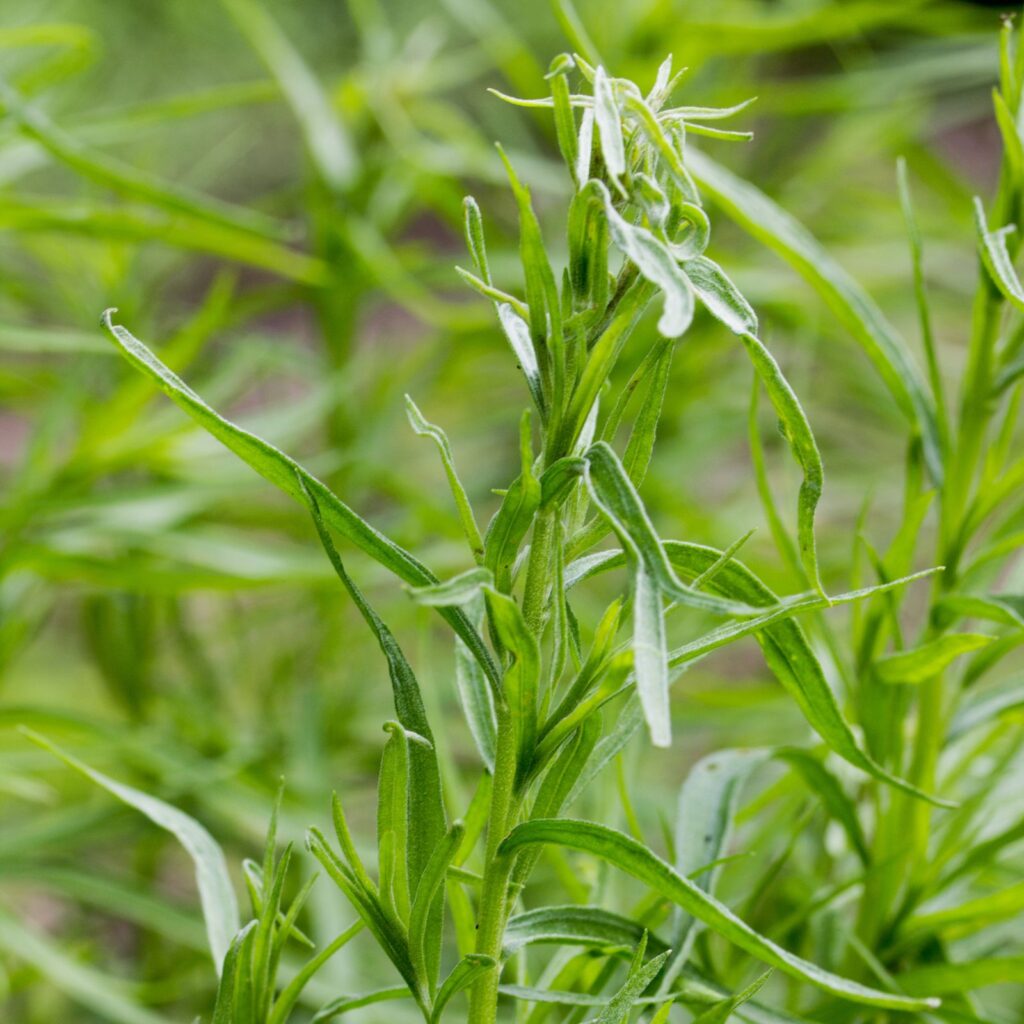
Tarragon + Eggplant: Tarragon pairs well with most plants but provides the best partner with eggplant. Do not plant with parsley or dill.
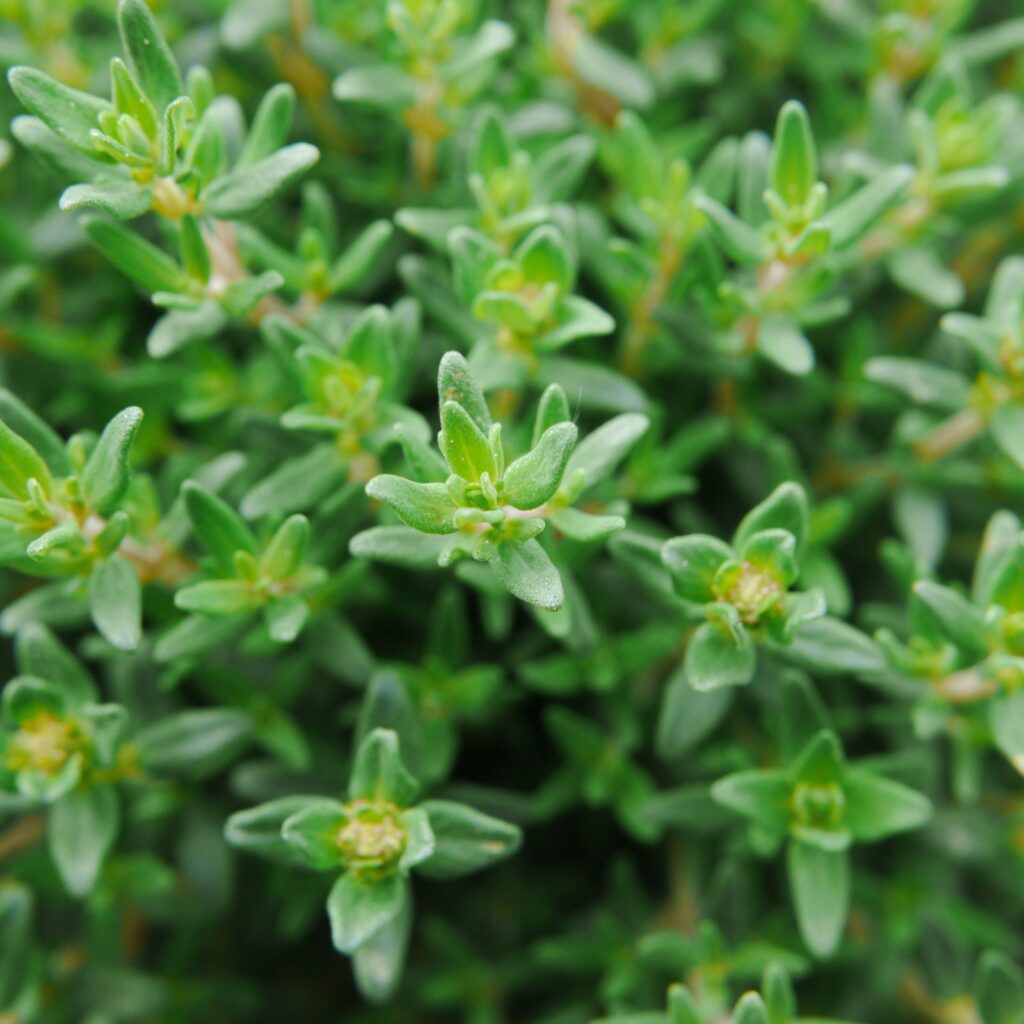
Thyme + Brassicas and Strawberries: Deters cabbageworm, whiteflies, and cabbage maggots.
